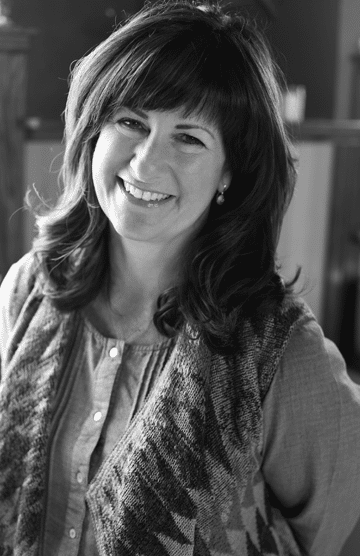
Question: If a tree falls in the forest and no one hears it fall, has it made a sound?
Question: Does art need to be seen by someone other than its creator to be considered art?
Question: If a person is diagnosed with a cancer that hasn’t expressed itself or isn’t invasive, do they, indeed, have cancer?
Question: Is it possible to know and trust one’s wellbeing amid the diagnosis of cancer?
I know, you are wondering: Why, Kathleen, do you not have something better to consider?
I do have reason to ponder the meaning of a diagnosis of noninvasive or unexpressed cancer. Two people I love have been diagnosed with such cancers, detected by our great medical technology. If undetected, these cancers might have been inconsequential. Or not.
Once diagnosed, cancer is difficult to erase as an aspect of self-image. So how do we, who have created highly advanced tools of discovery (that are allowing many more people to live longer, healthier lives), learn to change our relationship with the label “cancer”? Is it possible when diagnosed with stage 0 or unexpressed cancer to remove the immense fear that alters our trust in our wellbeing and makes us willing to play with our chemistry, wage war on our cells, inflict pain and remove body parts? Welcome to my ponderings.
One of my loved ones was diagnosed with chronic lymphocytic leukemia, discovered through a routine blood test. He was told that he has the mildest form of this leukemia. Fortunately, there is no expression of it other than it showing up on his test. Most likely, his oncologist told him, he will die of something else.
For my loved one, even though the leukemia isn’t affecting his body, it has altered his image of himself. He has cancer. He doesn’t like having cancer. If a drug came onto the market to treat his diagnosis without major side effects (pain would be okay, he says), he would take it. I don’t understand why someone would invite adverse drug symptoms when he is asymptomatic. I haven’t been diagnosed with cancer, though.
Another loved one was told by her doctor that she has ductal carcinoma in situ (DCIS), a stage 0, noninvasive breast cancer. Cancer, by definition, is invasive. My friend didn’t hesitate to have a lumpectomy, including margins, to be sure the affected tissue was removed and that, indeed, nothing had spread. The decision about what to do next— radiation or not (she was clear that hormone treatment wasn’t an option)—was more difficult.
Do I or don’t I have cancer? I have … might have … have … might have … cancer in me. What if?
“The number of cases of DCIS has increased by 750 percent over the last two decades,” writes Diana Zuckerman, PhD, president of the National Center for Health Research. “DCIS accounts for 20 to 25 percent of new breast cancer cases diagnosed each year,” she adds.
DCIS is usually treated because it can sometimes become invasive breast cancer, says Swati Kulkarni, MD, associate professor of surgery at Northwestern University’s Feinberg School of Medicine and the Robert H. Lurie Comprehensive Cancer Center.
“The main reason to treat DCIS is to prevent progression to invasive breast cancer,” she says. “Twenty to 50 percent of women with DCIS go on to develop invasive breast cancer. Because we do not yet have the tools to predict accurately which women will progress and which will not, we recommend that all women with DCIS undergo surgery.”
Amid the controversy of whether or not DCIS is indeed cancer and what to do about it, Kulkarni says, “Some may be able to avoid having radiation and hormone therapy, but they need to weigh the risks and benefits.” Kulkarni recommends that, at the very least, the affected tissue be surgically removed to be sure there is no invasive cancer.
By the way, my loved one chose to follow her lumpectomy with radiation. She has no regrets and is now cancer-free.
Educate your self. Listen to the experts and listen to your self. Regarding DCIS, Kulkarni suggests consulting the National Cancer Institute’s website, cancer.gov, and the National Comprehensive Cancer Network’s site, nccn.org.
Choose beyond your surviving. Choose your thriving.










